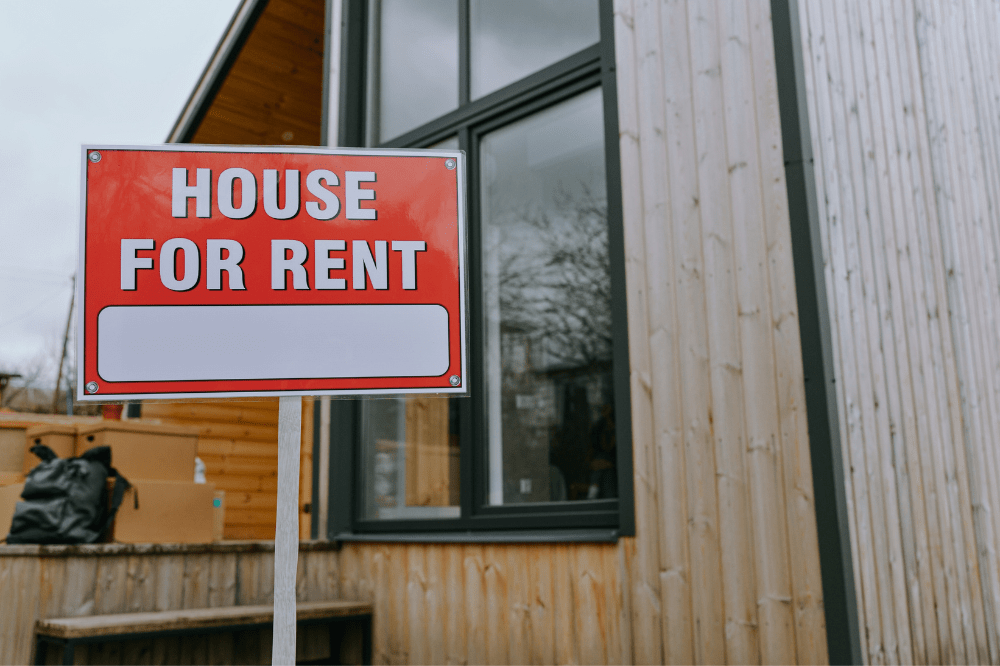Struggling to afford rent? Study shows that Gen Z are facing skyrocketing prices on rent, way higher than Millennials at their age!
For Gen Z, entering the rental market comes with a harsh reality – rent prices are significantly higher than what Millennials faced at a similar age. This isn’t just anecdotal; a recent study by RentCafe revealed that by the time they reach 30, Gen Z renters will have shelled out an estimated $145,000 on rent. That’s a staggering $18,000 more than Millennials paid when adjusted for inflation.
This news paints a concerning picture for a generation already burdened with student loan debt and a shaky economic landscape. However, it is not all bad for Generation Z. While inflation has driven up housing costs for everyone, a recent study suggests some potential good news for Gen Z. The report indicates they might face lower overall homeownership expenses – around $165,206 – which is roughly $7,000 less than what Millennials paid.
Additionally, Gen Z is expected to earn more than their Millennial counterparts by their early 30s, with an average salary increase of 14%. Regardless of generation, both renting and buying a home have become more expensive as the economy recovers from the pandemic. Housing costs have been a key contributor to inflation, though some economists believe these have already started to decrease and will be reflected in official data soon.
“The good news for Gen Z is that the gap between renting and owning is smaller than it was for Millennials while incomes are higher,” the report found.
The study also identified California as the state with the worst rental affordability for both generations, with San Jose and San Francisco topping the least affordable list. On the other hand, cities like Ann Arbor – Michigan and Bloomington – Indiana offered some of the lowest homeownership costs.
Why is Rent So High For Gen Z?
Several factors are contributing to the surge in Gen Z rent:
- Post-Pandemic Housing Boom: the housing market saw a significant surge post-pandemic, with demand for houses skyrocketing. This limited rental vacancies and drove rental prices upwards;
- Limited Supply, Growing Demand: the millennial generation, facing similar challenges entering the housing market, is delaying homeownership. This keeps them in the rental pool, further tightening supply and pushing prices up;
- Rising Construction Costs: the cost of building new rental units has also increased due to factors like labor shortages and rising material costs. This gets passed on to renters in the form of higher rents;
- Geographical Disparity: rent prices vary greatly depending on location. Major cities and coastal areas tend to have significantly higher rents compared to suburban or rural areas.
Tips for Navigating the Rental Market
While the situation might seem daunting, there are ways for Gen Z to navigate the rental market effectively:
- Shop Around and Compare Prices: don’t settle for the first apartment you see. Research rental prices in your area and negotiate rent whenever possible;
- Consider Roommates: sharing an apartment with roommates can significantly reduce rent costs;
- Explore Affordable Locations: look beyond the most popular neighborhoods and consider areas with lower rents that might offer good access to transportation and amenities;
- Focus on Building Credit: a good credit score can qualify you for better rental deals with lower security deposits;
- Budget Carefully: factor rent into your overall budget and make adjustments to other expenses if necessary.
If you want to check out more news and financial tips on our website, you can click on this link!

